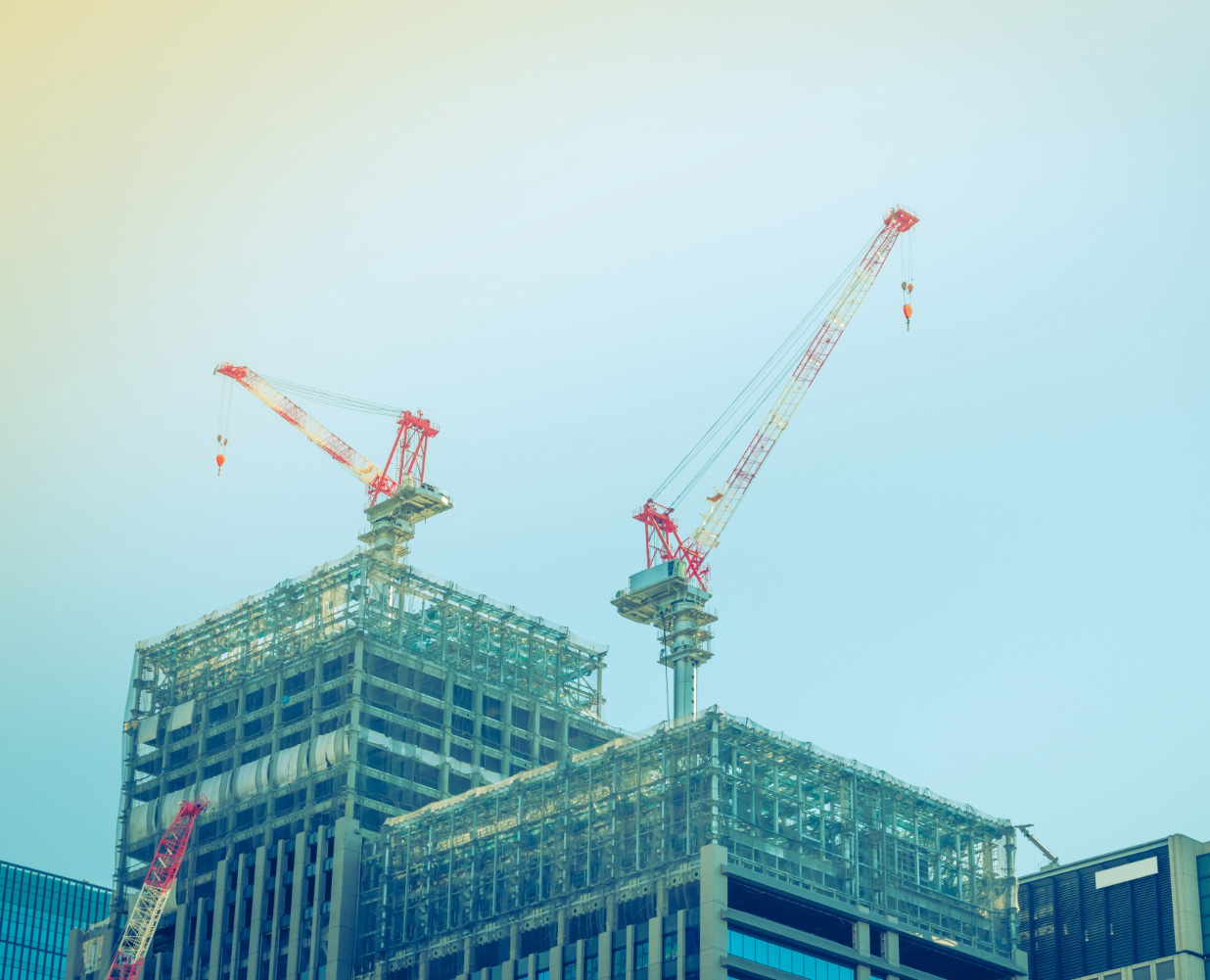
Corrosion Resistance
GFRP rebars do not rust or corrode, even when exposed to harsh environments such as saltwater, de-icing chemicals, or industrial chemicals. This makes them ideal for use in marine environments, tunnels, and areas with high exposure to corrosive substances.
High Tensile Strength
GFRP rebars have high tensile strength, often surpassing that of steel, which makes them suitable for high-stress applications like bridges, parking structures, and roadways.
Lightweight
GFRP rebars are much lighter than traditional steel rebars. This helps in reducing the overall weight of concrete structures, allowing for easier transportation, handling, and installation.
Non-Magnetic and Non-Conductive
GFRP rebars do not conduct electricity and are non-magnetic, making them safe in electrical and magnetic-sensitive environments like MRI facilities.
Thermal Insulation
GFRP provides insulation against temperature fluctuations due to its low thermal conductivity, making them ideal for refrigerated warehouses or tunnels.
Environmentally Friendly
Production of GFRP rebars has a lower carbon footprint compared to steel, and it is recyclable, contributing to sustainability efforts in construction.
High Durability
GFRP is resistant to fatigue and chemicals, which makes it suitable for structures subject to high stress or exposed to harsh industrial environments.
Cost-Effective in the Long Run
The reduced maintenance and longer lifespan of GFRP rebars make them more cost-effective in the long term.



